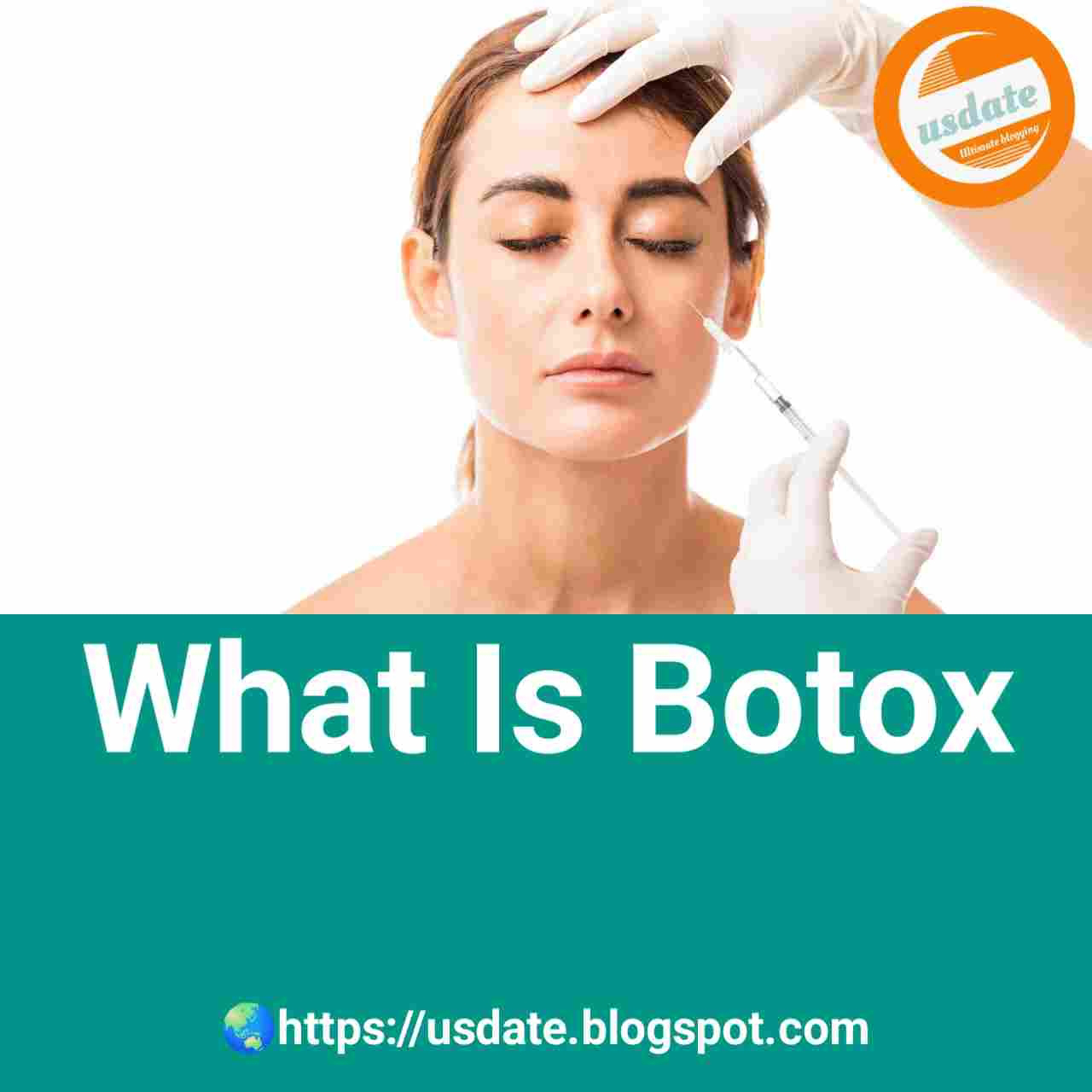Botox is a popular cosmetic and medical treatment made from botulinum toxin type A, a purified protein derived from bacteria. When injected in small doses, it temporarily blocks nerve signals to muscles, reducing muscle activity. It is most commonly used to smooth facial wrinkles, but it also treats various medical conditions like chronic migraines, excessive sweating, and muscle spasms.
How Does Botox Work?
Botox works by paralyzing specific muscles. When injected into the skin or muscle, it prevents the release of acetylcholine, a chemical that signals muscles to contract. This relaxation of the muscle results in:
Smoother skin with fewer wrinkles
Reduced muscle stiffness or twitching
Relief from certain chronic conditions
The effects typically begin within a few days and can last for 3 to 6 months.
Common Cosmetic Uses of Botox
Botox is widely used in cosmetic procedures for:
Forehead lines
Crow’s feet (around the eyes)
Frown lines (between the eyebrows)
Lip lines and neck bands
It is a non-surgical option that offers fast, visible results with minimal downtime, making it a favorite for those seeking anti-aging treatments.
Medical Benefits of Botox
Apart from aesthetics, Botox has several FDA-approved medical applications:
Chronic migraines
Cervical dystonia (neck muscle spasms)
Hyperhidrosis (excessive sweating)
Overactive bladder
Strabismus (crossed eyes)
These treatments are usually prescribed when other therapies fail and are administered by a licensed healthcare provider.
Who Can Get Botox Injections?
Botox is generally safe for:
Adults aged 18 to 65
People with good overall health
Individuals seeking temporary wrinkle reduction or treatment for specific muscle or nerve conditions
However, it is not recommended for:
Pregnant or breastfeeding women
People with neuromuscular disorders
Anyone allergic to botulinum toxin or any Botox ingredients
Always consult a qualified provider before starting treatment.
What to Expect During a Botox Procedure
A Botox procedure typically takes 10–20 minutes and involves:
Cleaning the treatment area
Injecting small amounts of Botox using a fine needle
No anesthesia required (but numbing cream may be used)
You can return to daily activities immediately but should avoid rubbing the area, strenuous activity, or lying down for a few hours post-treatment.
Side Effects and Risks of Botox
Botox is generally safe, but some side effects may include:
Redness or swelling at injection site
Headache or flu-like symptoms
Drooping eyelid or uneven smile
Dry eyes or excessive tearing
Serious side effects are rare, but always contact your doctor if symptoms worsen or spread to other areas.
How Much Does Botox Cost?
The cost of Botox varies depending on:
Number of units required
Geographic location
Expertise of the provider
On average, cosmetic Botox treatments can range from $200 to $600 per session. Medical Botox may be covered by insurance if prescribed for a medical condition.
FAQs About Botox
Q1: Is Botox permanent?
No, Botox is temporary and usually lasts 3 to 6 months.
Q2: Can I wear makeup after Botox?
Yes, but wait at least 4–6 hours after treatment before applying.
Q3: How soon will I see results?
Most people notice improvements within 3 to 5 days, with full results in 7–14 days.
Conclusion: Is Botox Right for You?
Botox is a safe, effective, and minimally invasive solution for both cosmetic and medical concerns. Whether you’re looking to reduce fine lines, treat chronic migraines, or control excessive sweating, Botox offers a proven treatment option with little to no downtime. As with any procedure, always consult a licensed and experienced provider to determine if Botox is right for you.













Social Plugin